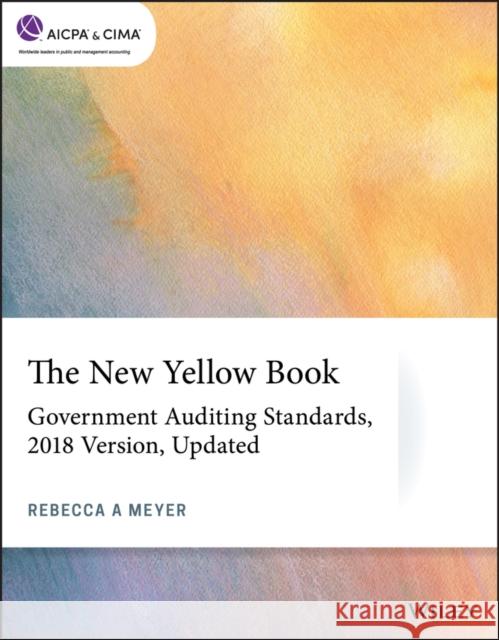The New Yellow Book: Government Auditing Standards » książka
topmenu
The New Yellow Book: Government Auditing Standards
ISBN-13: 9781119784630 / Angielski / Miękka / 2020 / 256 str.
Kategorie:
Kategorie BISAC:
Wydawca:
Wiley
Seria wydawnicza:
Język:
Angielski
ISBN-13:
9781119784630
Rok wydania:
2020
Numer serii:
000806701
Ilość stron:
256
Waga:
0.59 kg
Wymiary:
27.18 x 21.34 x 2.03
Oprawa:
Miękka
Wolumenów:
01
Dodatkowe informacje:
Glosariusz/słownik











